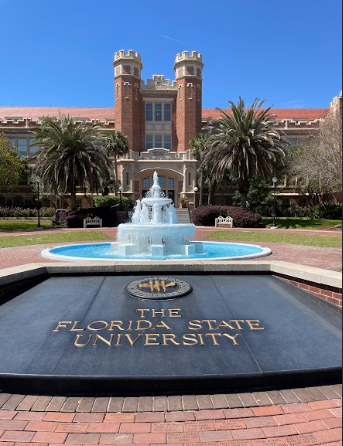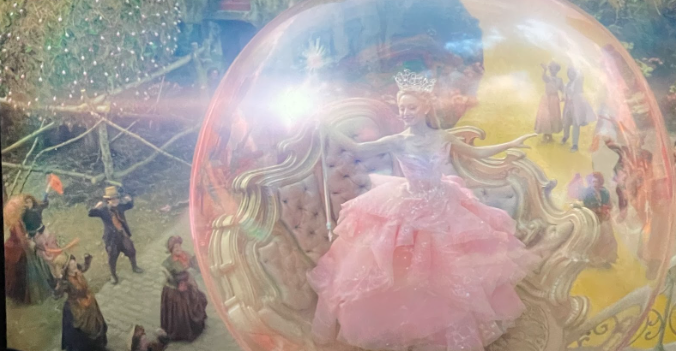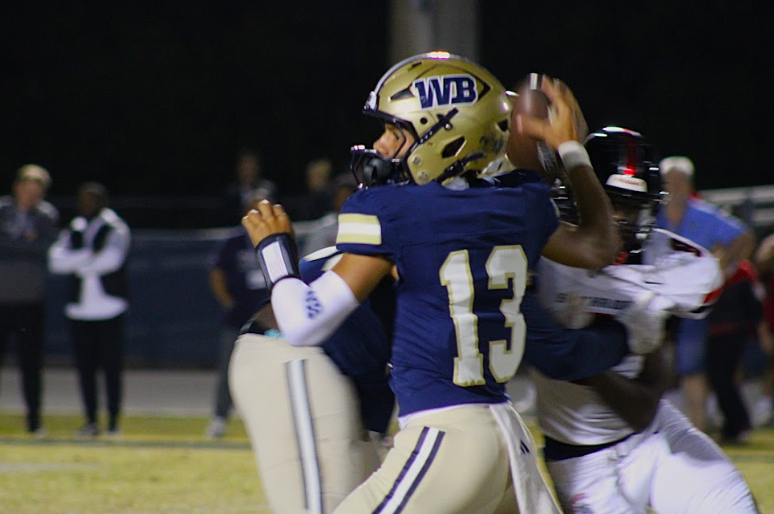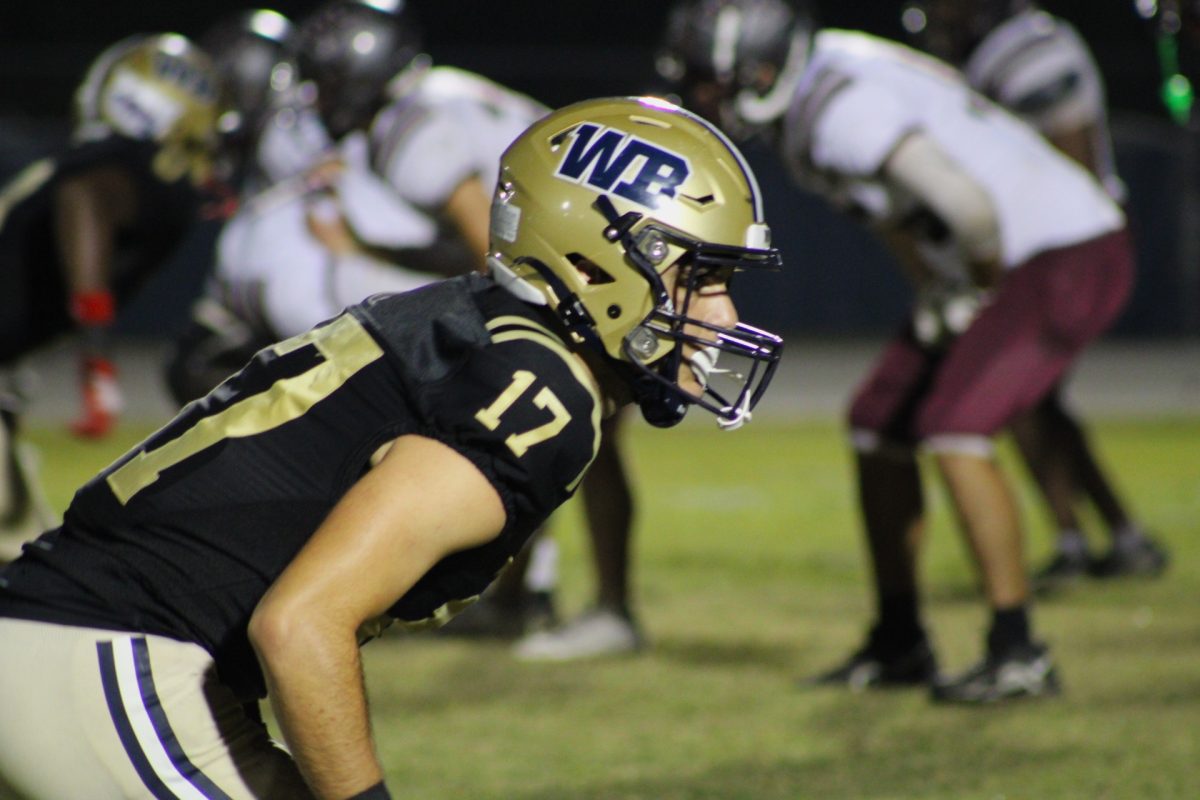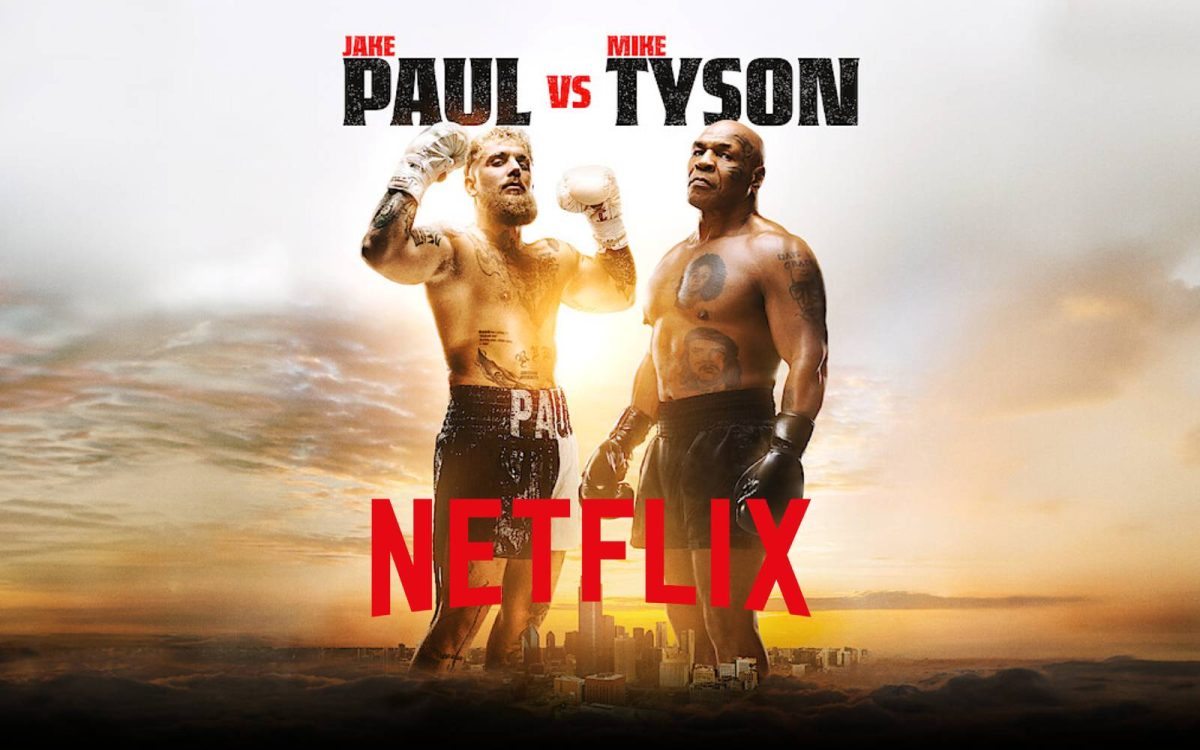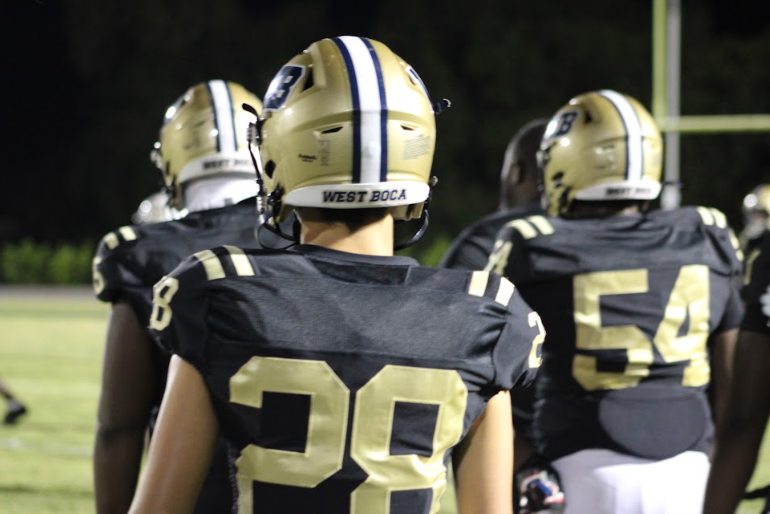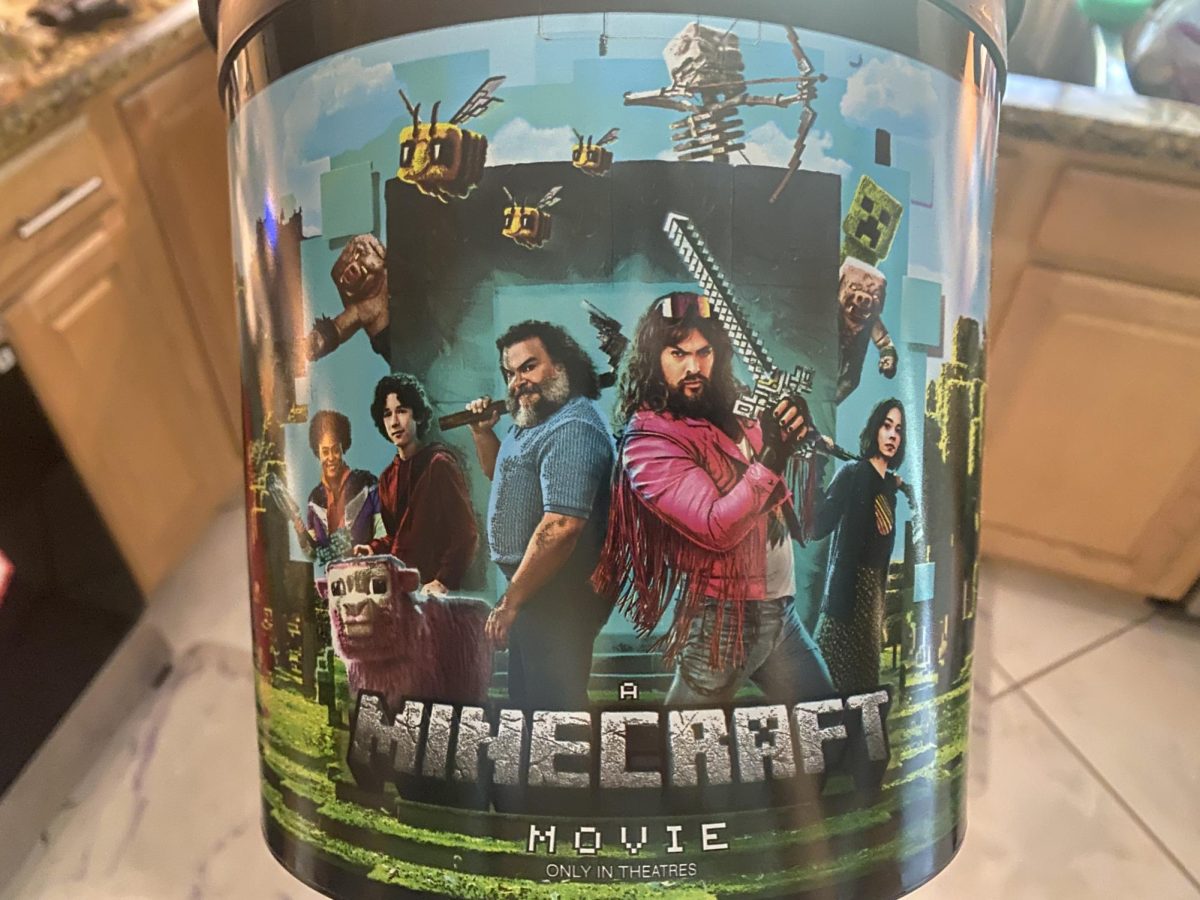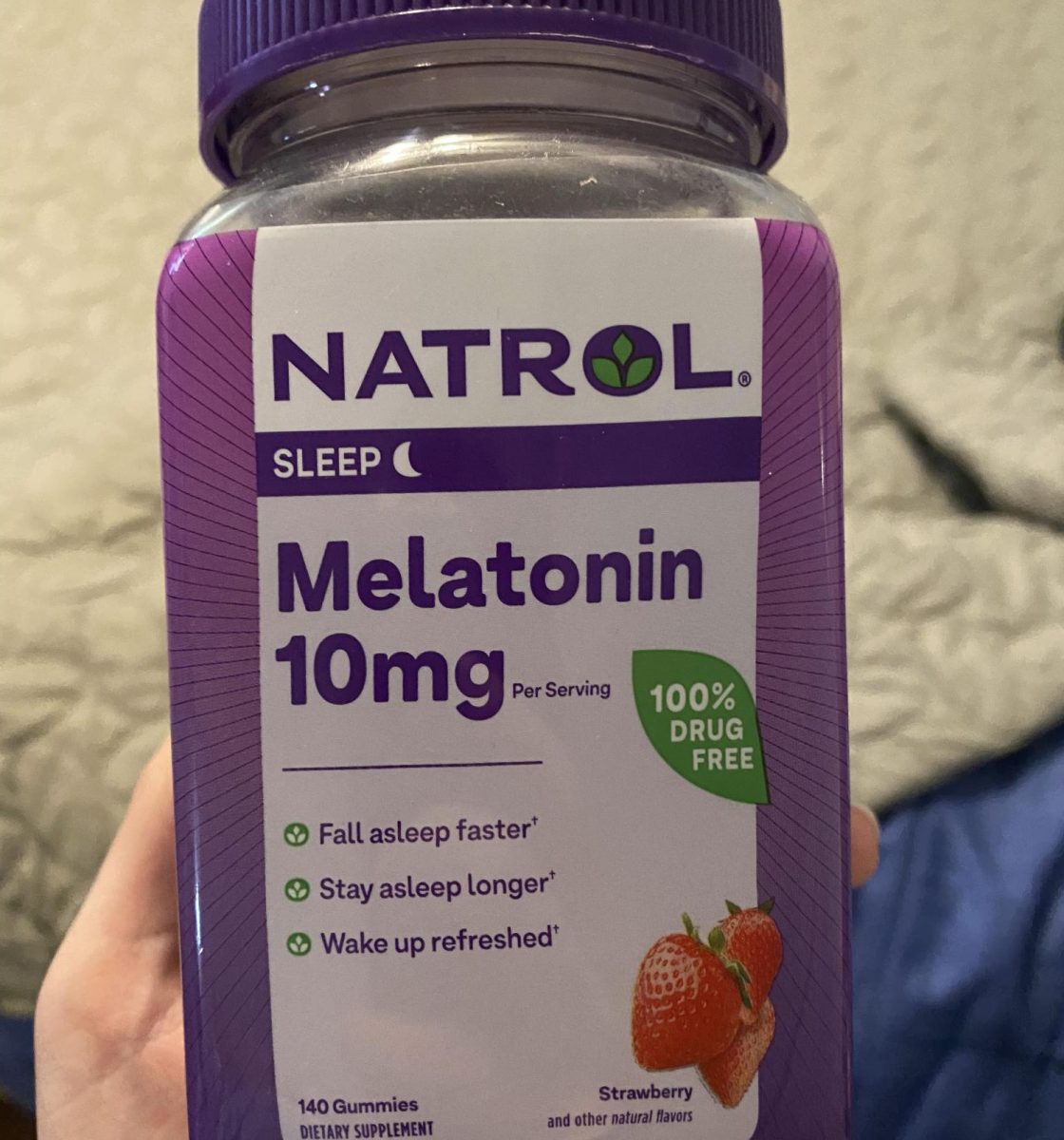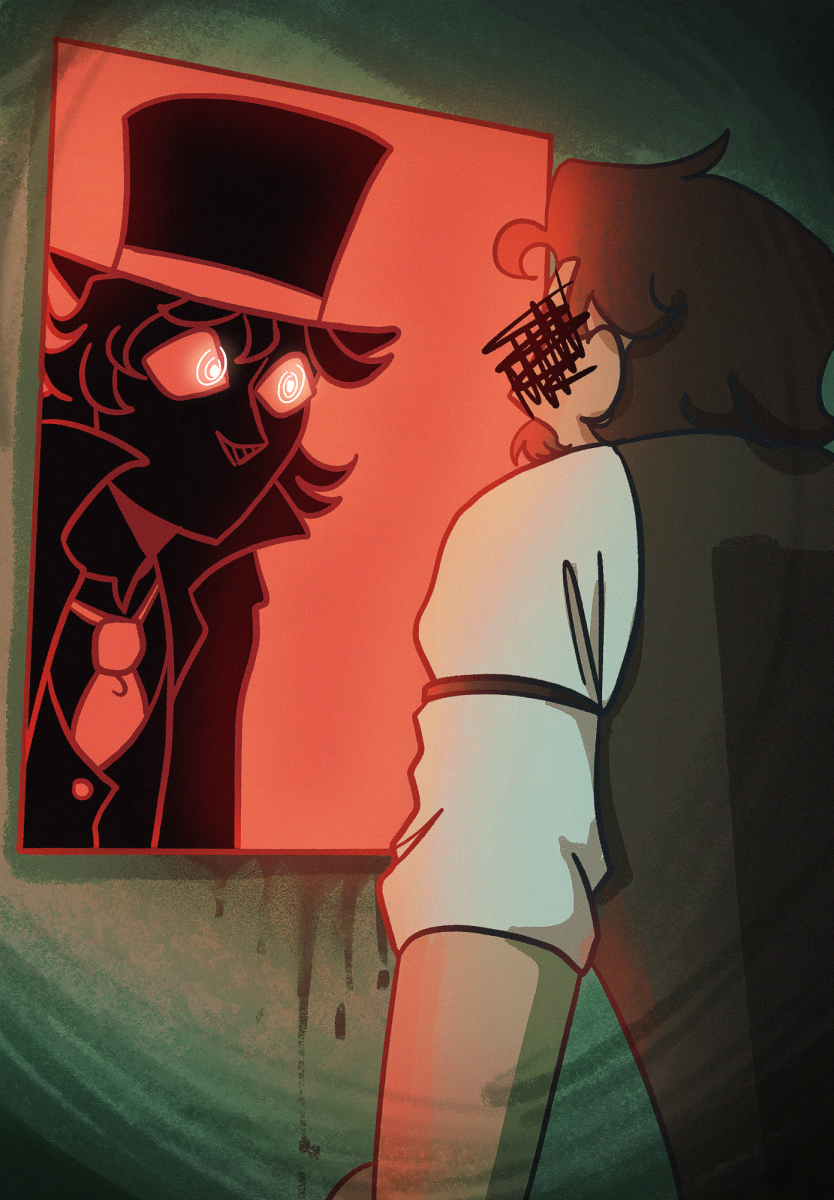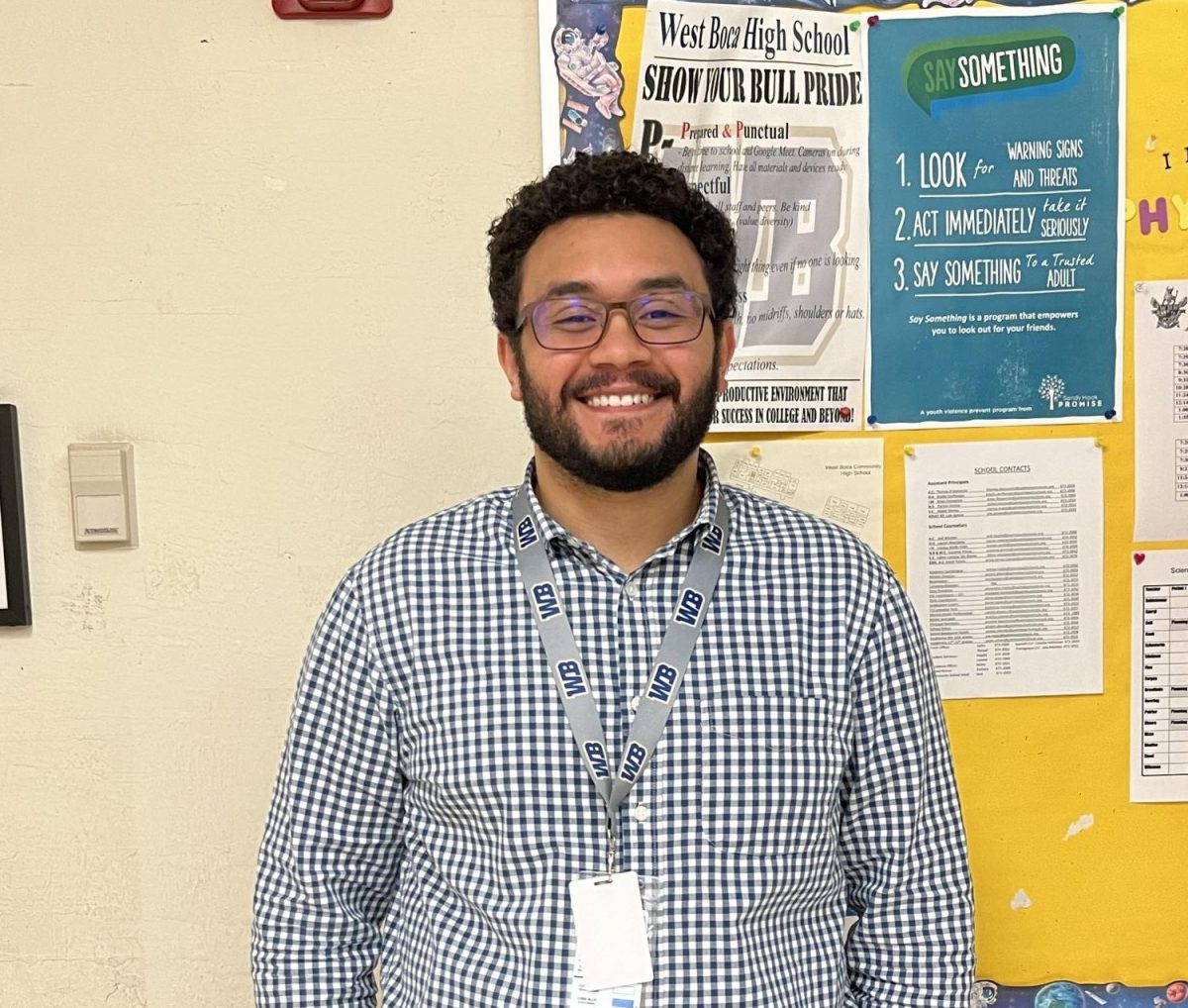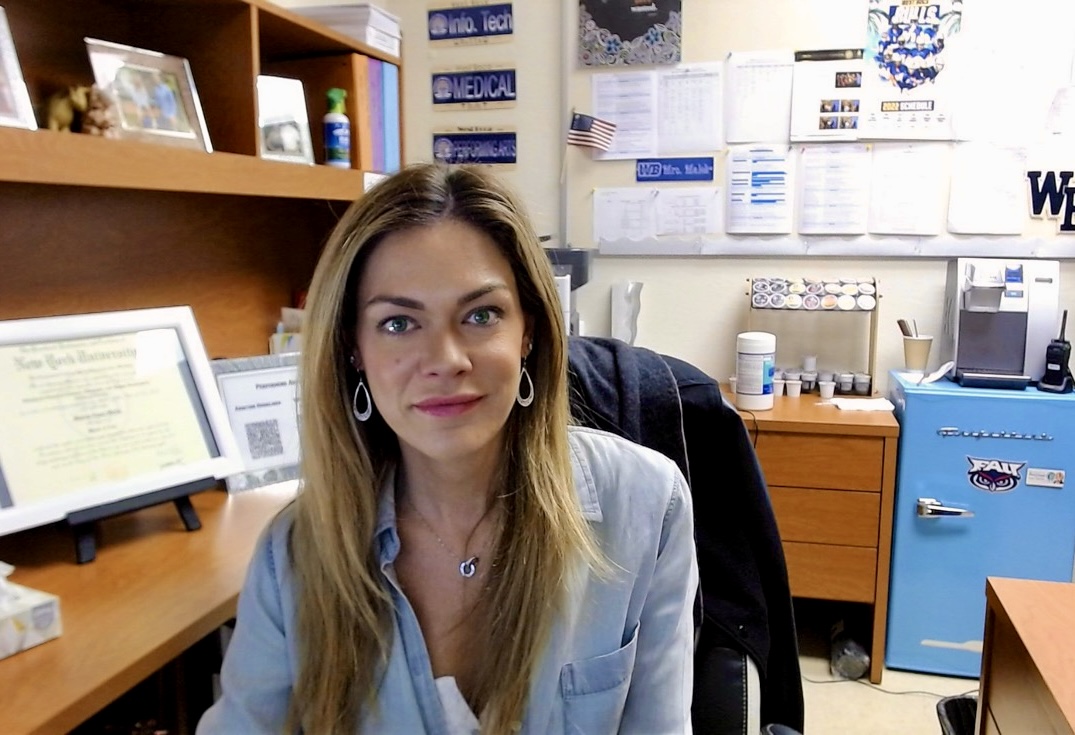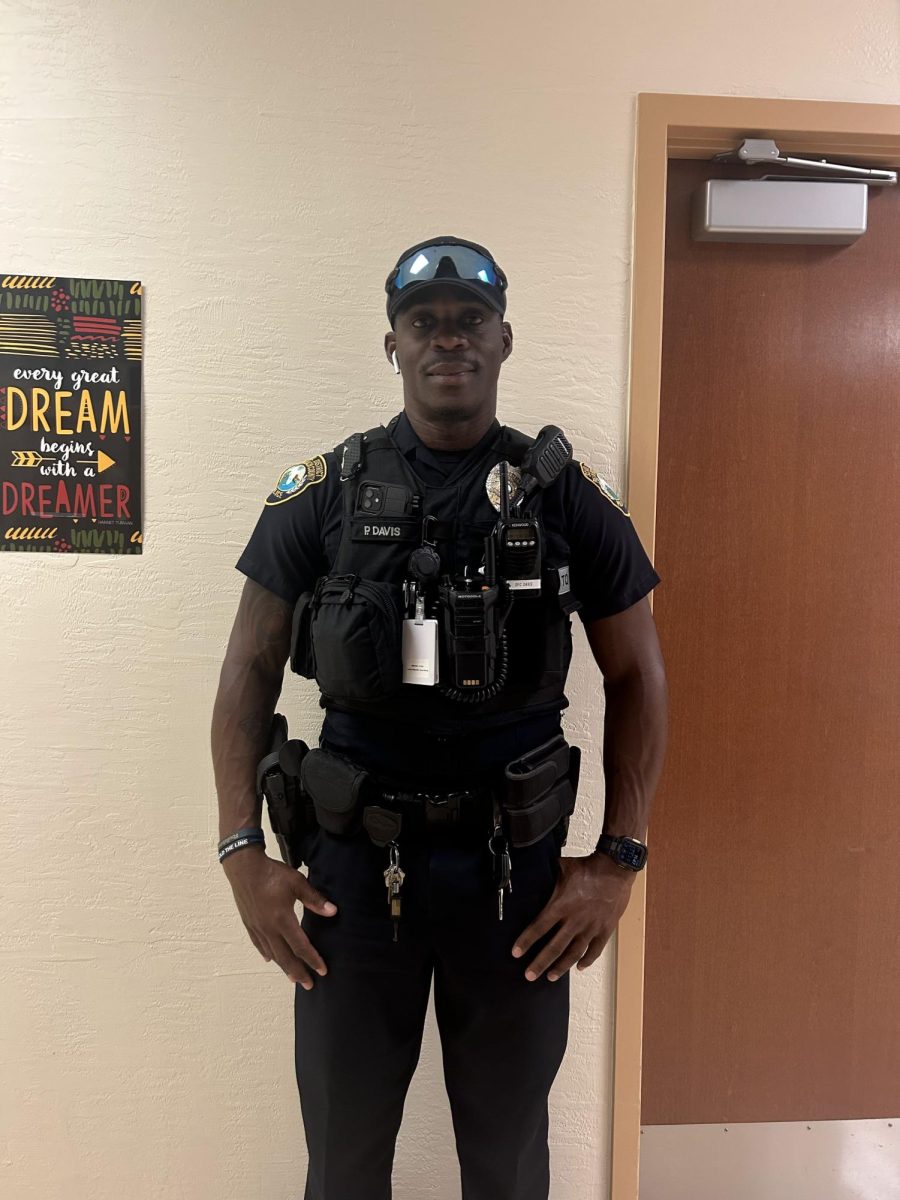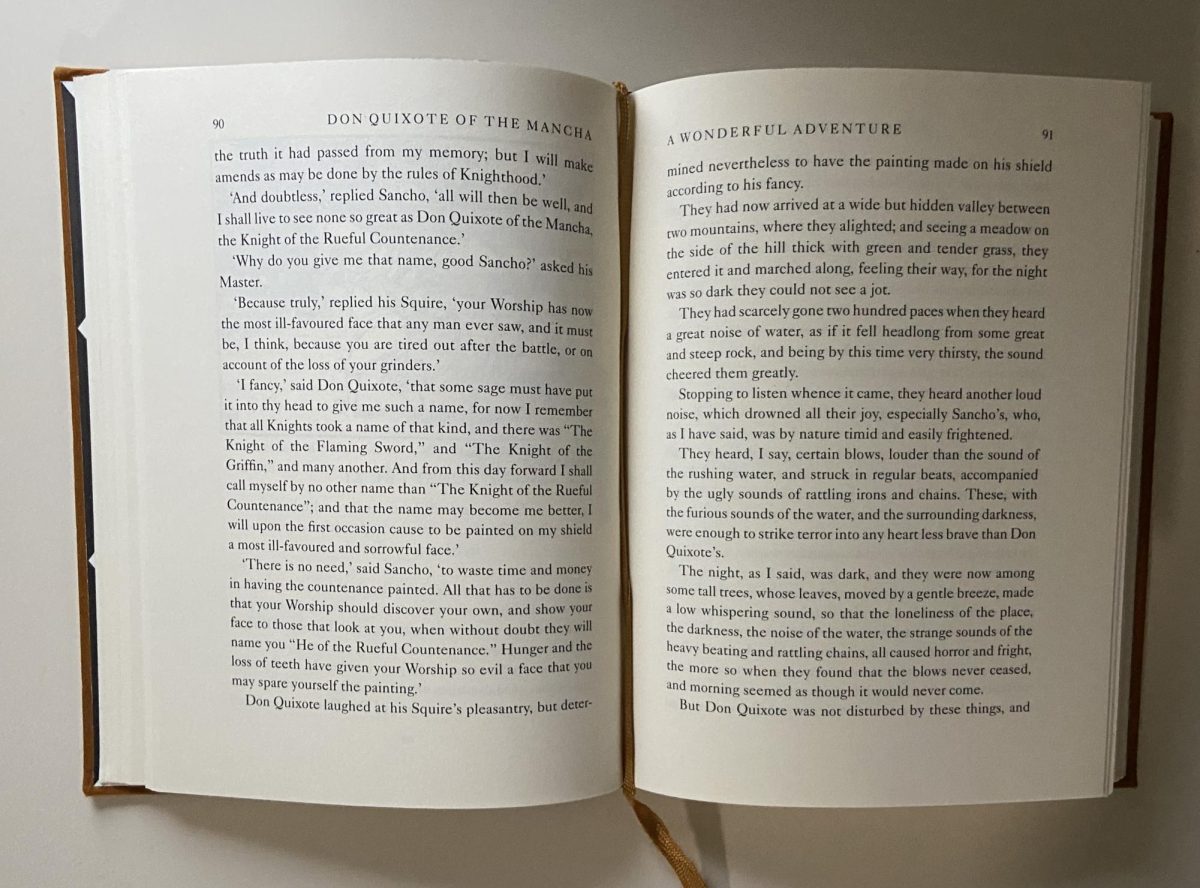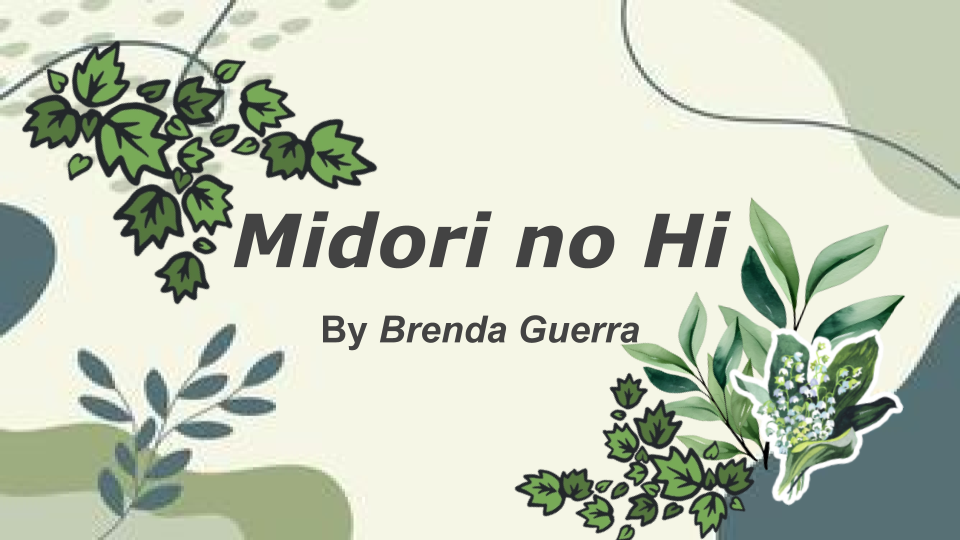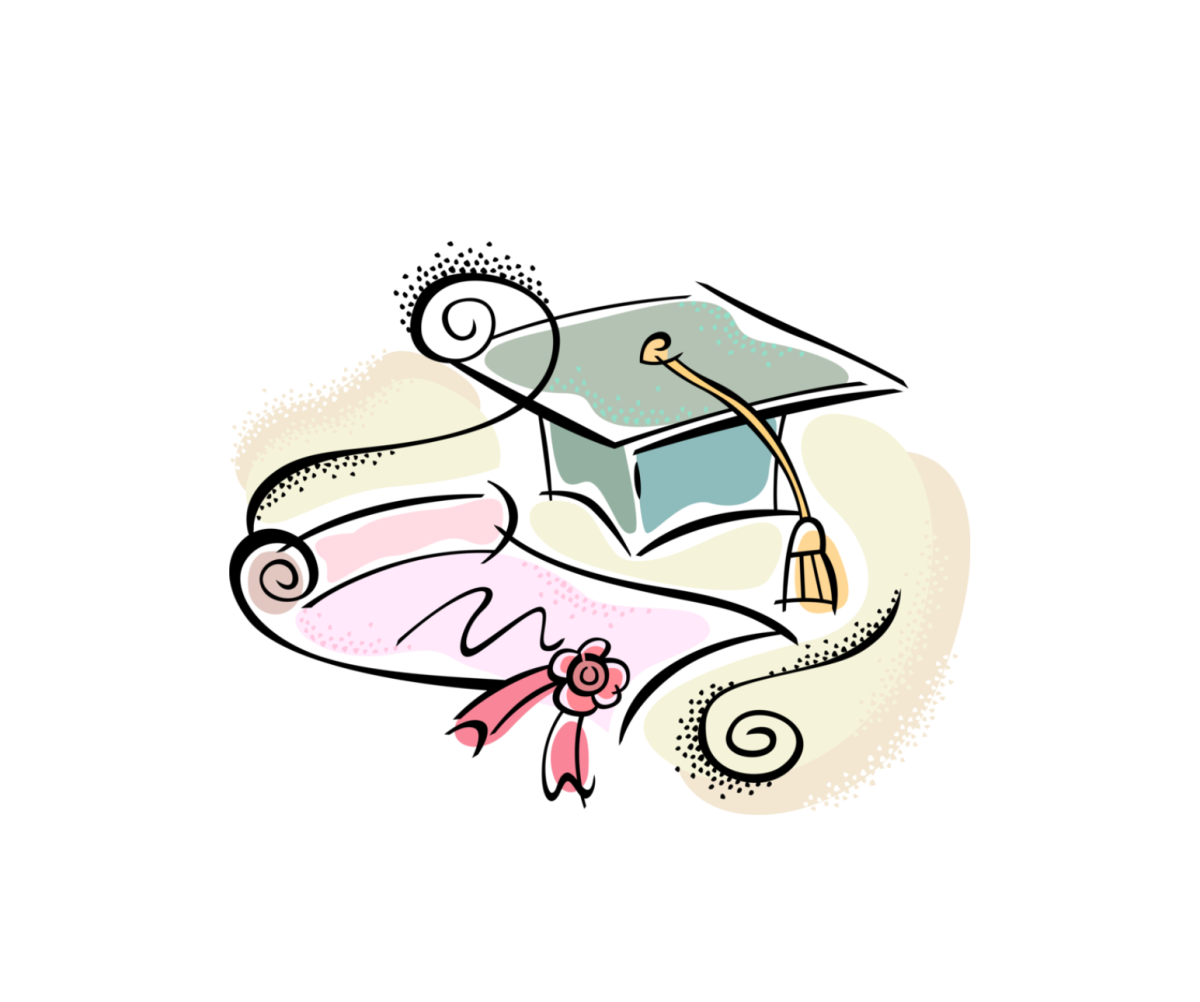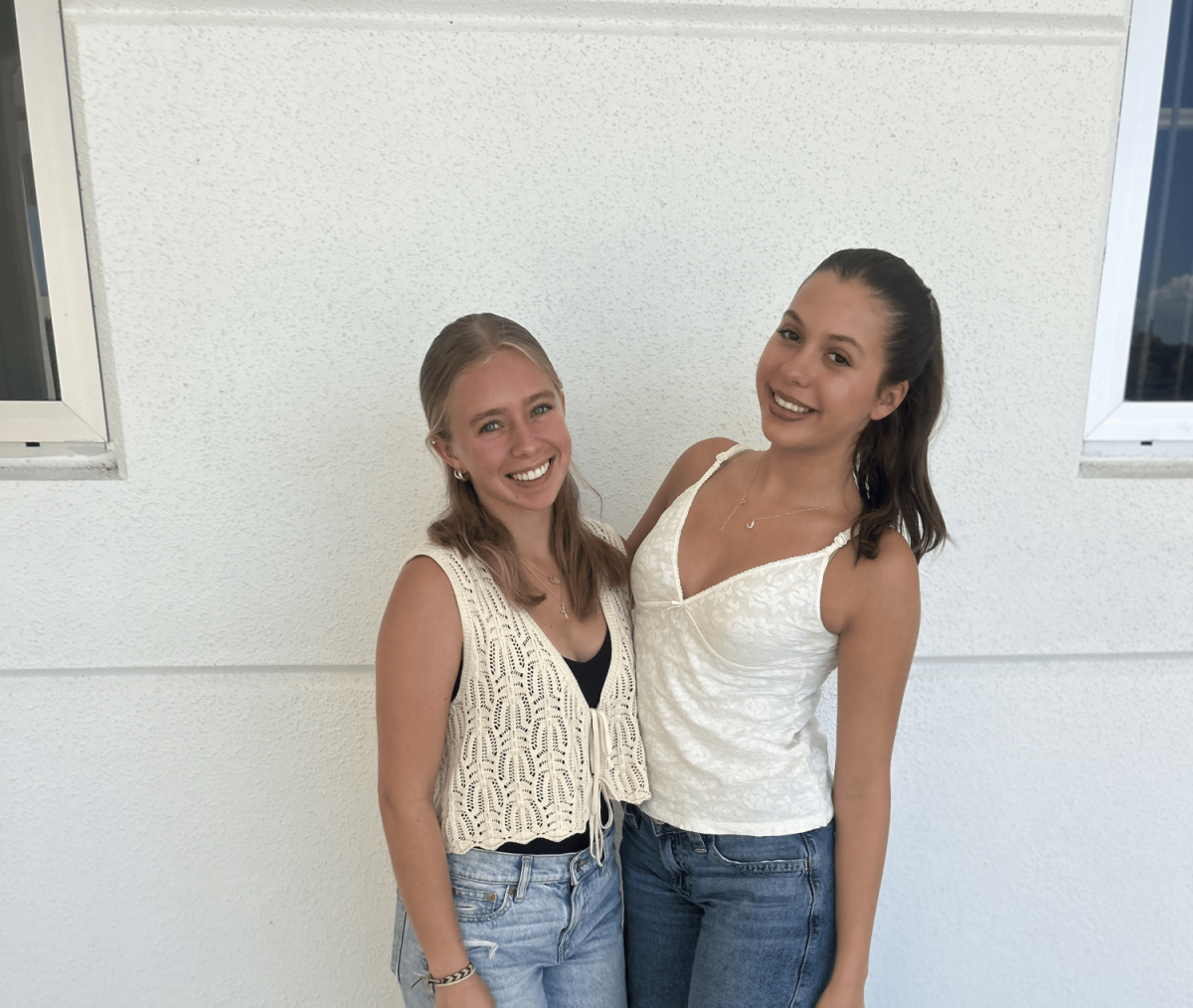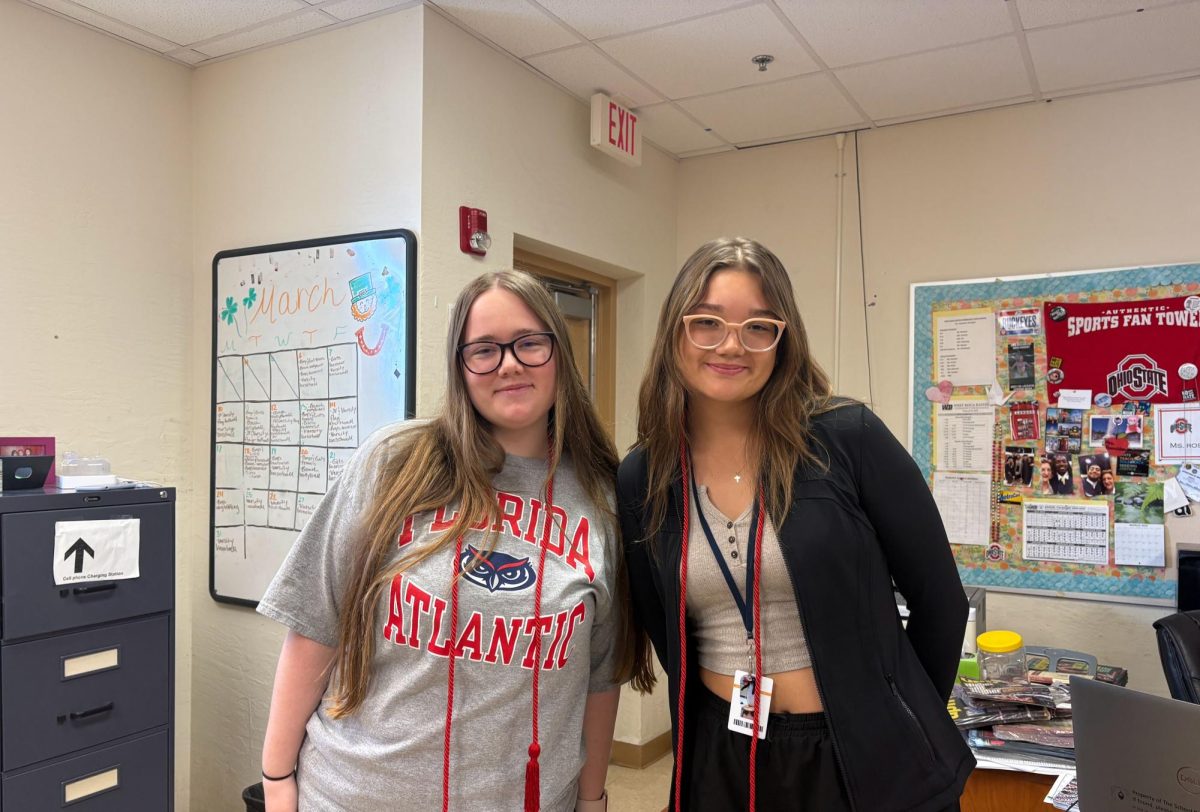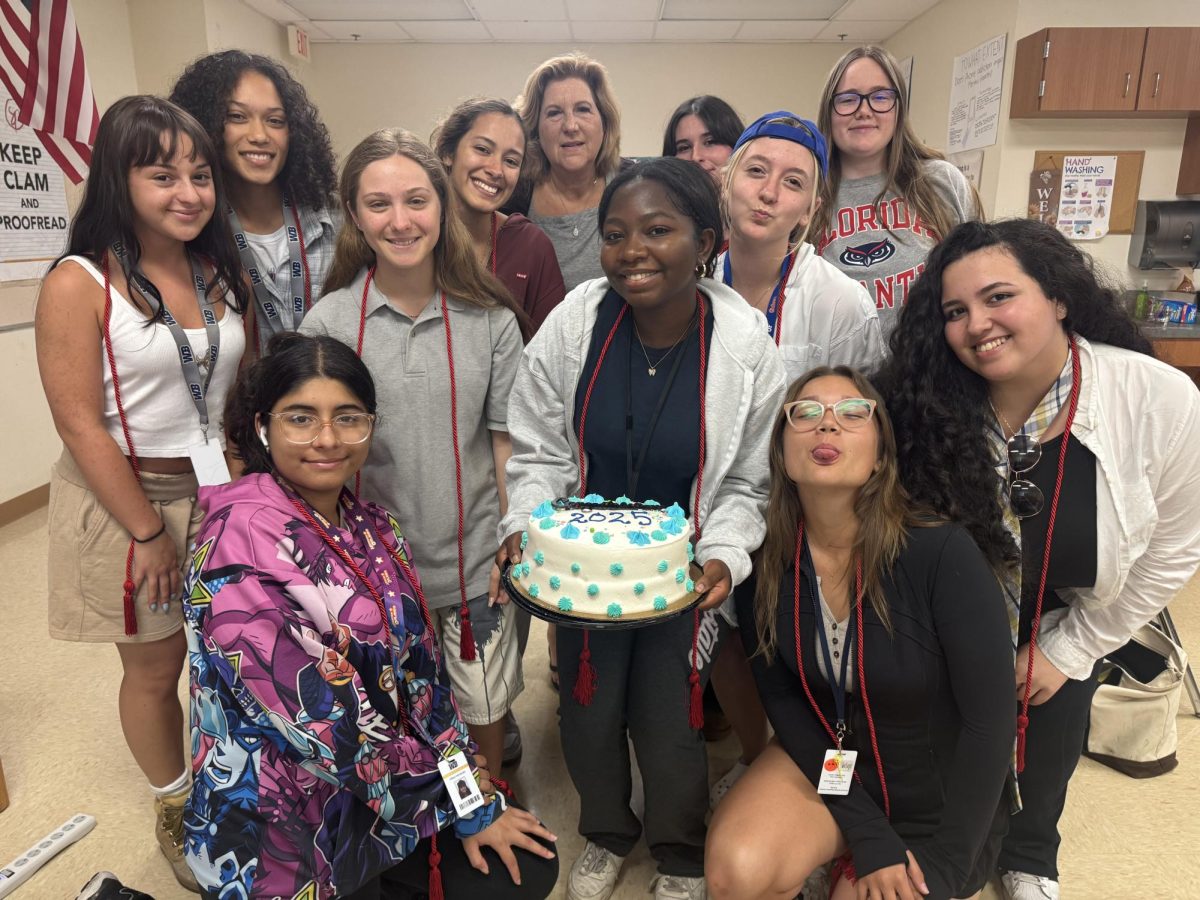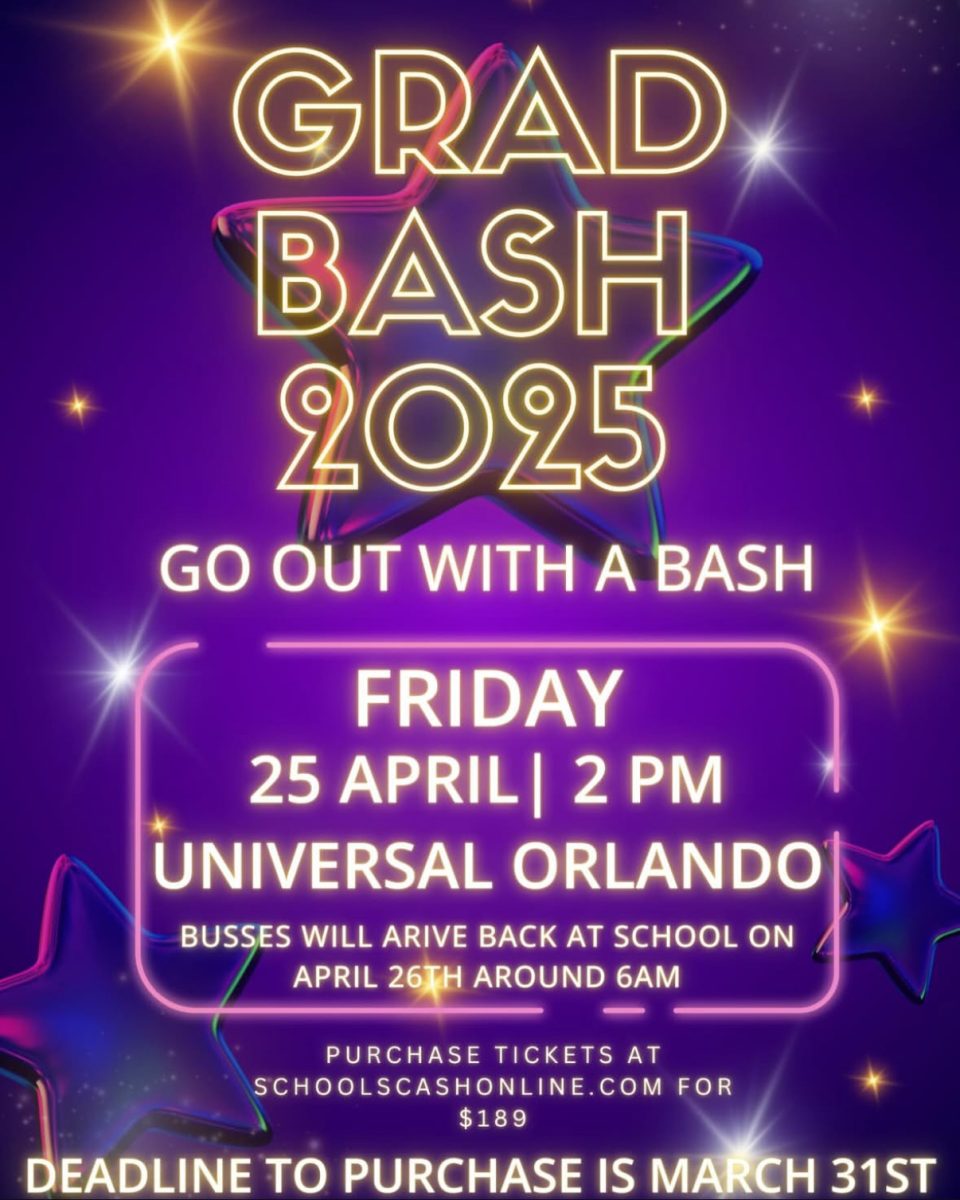While classics have much literary merit and other benefits, students do not enjoy parsing through classic literature. Common complaints heard in English classes while reading books like Frankenstein would go along the lines of “I don’t understand anything,” or “there are too many words,” etc. Reading such ‘older’ pieces of text is a chore for most students, so they do not see the appeal in reading classics in their free time, much less in classes.
It’s surprising not to have read one of Shakespeare’s tragedies, The Odyssey, To Kill A Mockingbird, and more at least once in a high school English class. The question of why we read these ‘classics’ is another topic, one that you or your peers may have asked before. Why not read more contemporary texts instead of older ‘classics’?
What are classics?
Classic literature is generally regarded as works of literature that are well-known and held to a high literary standard. This tracks with literature read in high school English classes like Frankenstein, To Kill A Mockingbird, Animal Farm, Fahrenheit 451, and others. Classics do not need to be old per se to be considered a part of classical literature; they can be published as recently as 60 years ago (like To Kill A Mockingbird).
However, in some contexts, classics can refer to Greek and Latin works. Classics like The Odyssey fall into both definitions, as it’s usually one of the many works included in classical studies. This definition is the basis for classical studies, but that’s not entirely relevant to why classics are read in schools today.
How does reading classic literature benefit us?
While reading, you might come across references to other works. Chances are, depending on the content you’re reading, you will find an allusion to Shakespeare, Homer, Charles Dickens, etc. Allusions to other works are found in the ones you read. Especially in classes like AP Literature and Composition, where allusions are in many of the texts you’ll read, reading other classical works will help you analyze texts. So, classics help you understand other works and their contents better, increasing literacy comprehension.
Furthering that train of thought, classics are also modern literature’s foundation. Reading classics is seeing how literature today has been shaped. Classics allow insight into literary movements – like the rise of Gothic literature and Romanticism found in Frankenstein, as well as the creation of the first ‘science-fiction’ novel – and history. The creation of genres was spurred by many classic works and many classics are reflections of the ‘peaks’ of literary movements. Shakespeare is a reflection of both the Elizabethan and Jacobean periods, the transcendentalism movement is characterized by the works of Emerson and Thoreau, and the Enlightenment movement (which was an intersection of new religious, political, and economic ideas) had works from John Locke, and even more literary movements were happening in cohesion with the release of classics. Classics are a look into the past, of both history and literary movements.
In addition, literature broadens perspectives. While reading classics, readers gain insights into perspectives, and while that might not seem too different from reading contemporary literature, the historical perspectives they provide are much different; take Hamlet – the protagonist and Prince of Denmark in Shakespeare’s Hamlet – a different insight on fighting government corruption and injustice from inside a reigning monarchy.
Shakespeare contributed to the English language greatly. He was responsible for adding new words into the English language and a new way of ‘playing’ with words. He invented over 1,700 English words, still in use today. Shakespeare’s impact on this new wordplay that he pioneered is seen even today in the difference between two different people reading his work out loud.
Shakespeare incorporated many ethical dilemmas into his works, allowing people to confront complex topics in a more casual way by attending performances. However, Shakespeare is not the only one to do this, as many classical works attack ethicality, morality, and other complex ideas. Take Animal Farm, for instance, which deals with communism and other complex issues by just being an allegory for the Russian Revolution of 1917. More Greek and Roman classical works question “the nature and limits of human nature, the role of religion in human life, the purpose and scope of social and political organizations.”
Why not just read contemporary works?
While there are some more contemporary works that can address the same topics and ideas that classics breach easily, they are missing the crucial factor of history. The context in which a classic work was written impacts its meaning and teaches readers history along the way. Frankenstein is a great example of this situation, while reading, you can understand the apprehension directed at the Industrial Revolution that Romantics and others shared through Mary Shelley’s writing.
In addition, contemporary works do not provide as many behavioral or psychological benefits as reading classics. Reading classics instead of ‘popular fiction’ or more contemporary and recent works can increase empathy, social perception, and emotional intelligence in readers. The reason for this increase can be attributed to how much imagination readers must use when reading classic literature. Characters in classic works are nuanced and complex, which is left up to you to figure them out. Making readers guess to understand characters in classic works allows them to understand emotional nuance, gaining more than becoming more empathetic by reading anything.
While you could just read contemporary literature and modern releases and bestsellers, you can’t escape classics. Take a more popular romance book today like These Violent Delights by Chloe Gong, a retelling of Romeo and Juliet. Foul Lady Fortune, another book by the same author, is based on Shakespeare’s As You Like It. The reach of these classic works today is so strong, that even adaptations of them into other media forms (movies, TV shows, etc.) are still occurring. Take the countless Dracula adaptations and reimagined adaptations, the 2005 Pride & Prejudice movie, or the 2017 adaptation of Anne of Green Gables (Anne With An E). Classics have their merit in classrooms and beyond as shown with their continued reach.


